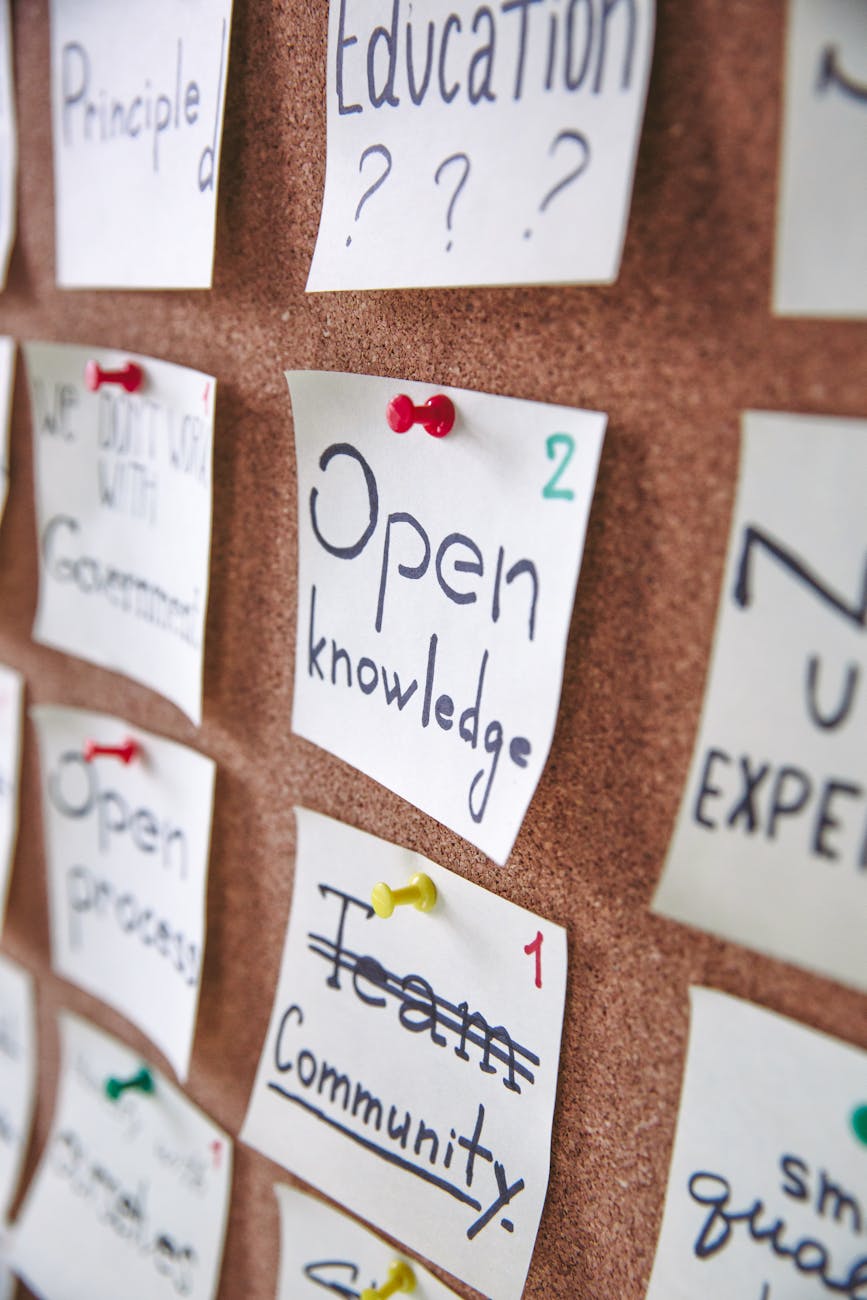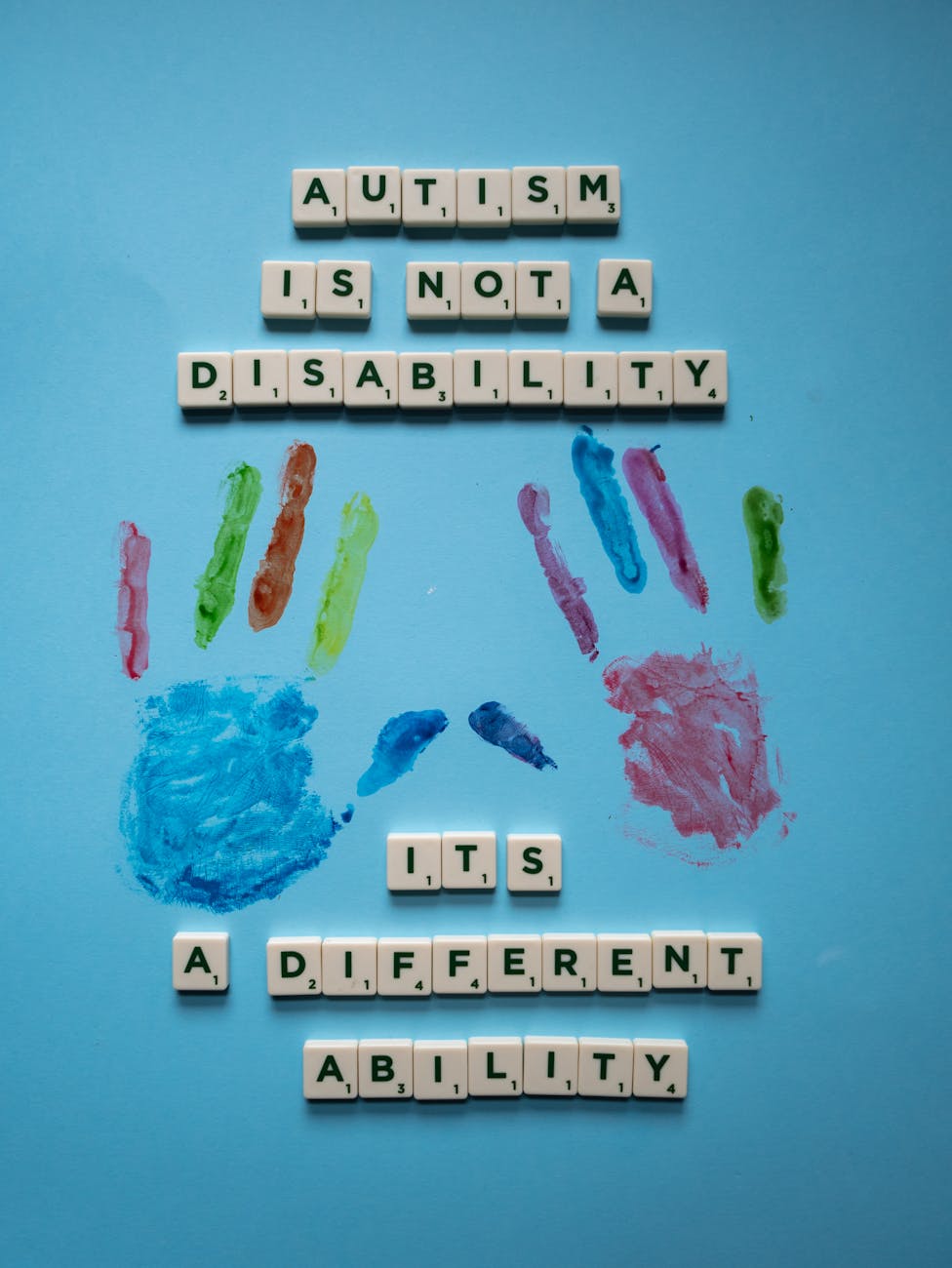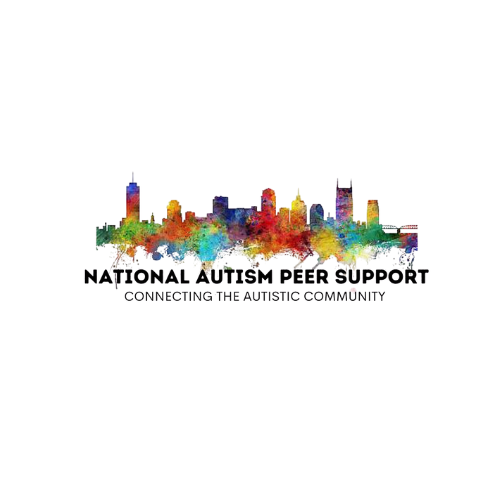
Welcome!
We offer fellowship for your trials and
triumphs in a safe and supportive atmosphere.
Our Mission
To provide a safe place for individuals with autism and their support networks to find resources, acceptance, and understanding while working to educate the community to increase awareness.

Our Vision
For every individual with autism to be accepted for who they are and for the public to be educated on autism.

Individuality
NAPS recognizes that the autistic community comprises individuals from all walks of life and interests.

Donate
Your generous donation helps us advocate for the autistic community as we pursue our vision through the fulfillment of our mission!

Monthly Meeting Info
-
When: 1st Saturday of the month
Where: Crievewood United Methodist Church
(451 Hogan Rd., Nashville, TN 37220)
Time: 10:30 a.m. to 12:30 p.m.
Our Values




